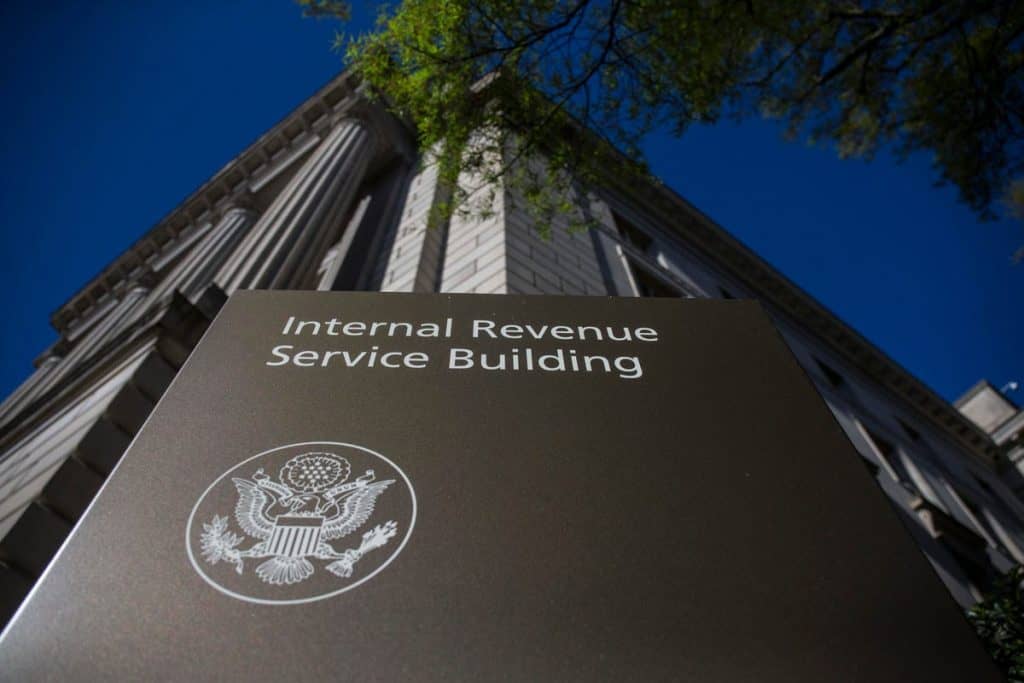
Almost all of the money seized by the Internal Revenue Service’s Criminal Investigation unit over the past fiscal year was in cryptocurrency, the agency announced Thursday — a strong indication of just how common it has become in the criminal world.
The unit seized $3.5 billion in cryptocurrency in nontax investigations over the past fiscal year, making up 93 percent of its overall seizures Oct. 1, 2020-Sept. 30, 2021.
The report marks a sharp turn toward bitcoin and other cryptocurrencies for the IRS, where digital money has quickly become the dominant form of payment in criminal cases in which the agency seizes funds.
Large cryptocurrency seizures have become the new normal for IRS criminal investigations, said Jarod Koopman, the acting executive director of the agency’s Cyber and Forensic Services division.
“It’s a huge, huge number,” he said. “Certainly we’re seeing a shift in our investigative work.”
While bitcoin initially had a heyday nearly a decade ago as the preferred currency for purchasing black market goods online, it has since become a major investment vessel for some of the world’s most powerful financial institutions.
But bitcoin and other cryptocurrencies still play a major role in cybercrime, thanks to their ease in directly sending payments from one person to another anywhere in the world.
Bitcoin remains particularly popular among hackers who break into computer systems and then demand ransom. An October investigation from the Treasury Department’s Financial Crimes Enforcement Network found a total of $590 million in bitcoin ransomware payments in the first six months of 2021 alone.
Much of the $3.5 billion figure comes from a handful of high-profile cases and the fact that bitcoin’s value has skyrocketed in recent years.
More than $1 billion of those funds came from more than 69,000 bitcoins that lingered from the Silk Road case, the first major law enforcement crackdown of a darknet black market. The IRS hired the cryptocurrency monitoring firm Chainalysis to track down and seize bitcoin that had been hacked and stolen from that site by a person who has not been identified. In November, the agency then seized them and are now storing access to them offline until they can be auctioned off to the public.
Those bitcoins were worth about $237 each when Silk Road founder Ross Ulbricht was convicted in 2015, totaling just over $16 million.
An additional $10 million in seized funds came from Volodymyr Kvashuk, a former Microsoft employee who was sentenced last year to nine years in prison for stealing virtual gift cards, then selling them for bitcoin that he then tried to launder.
IRS Criminal Investigation may seize even more in cryptocurrency in the next year, Koopman said.
“We do expect that to stay somewhat in that range, based off of some investigations we’re currently working on that are pretty large in size and scope,” he said. “We might be topping that figure next year.”